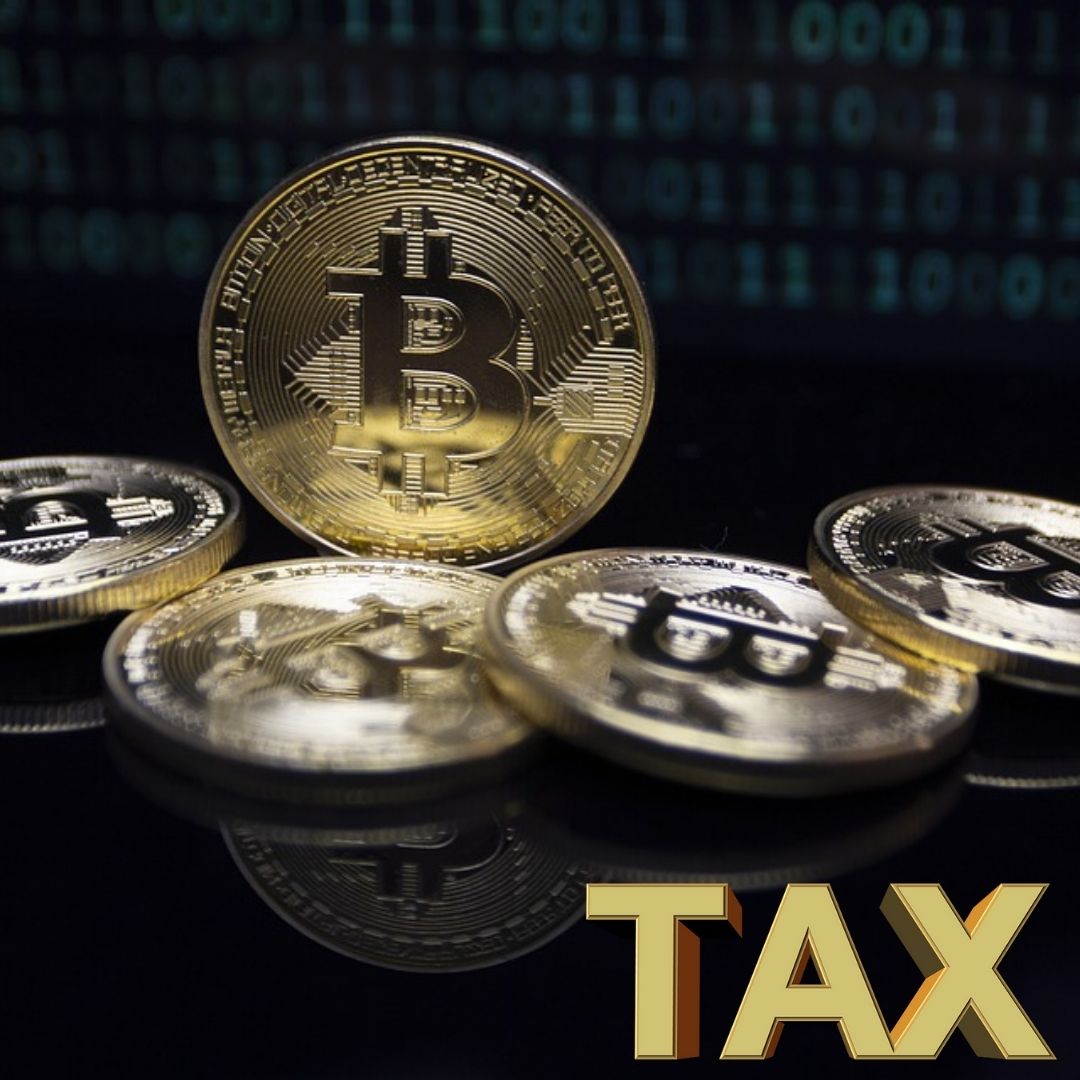Government Proposed 30% Tax And TDS On Cryptocurrency Gains
Writer: Shiva Chaudhary
A post-graduate in Journalism and Mass Communication with relevant skills, specialising in content editing & writing. I believe in the precise dissemination of information based on facts to the public.
India, 2 Feb 2022 12:39 PM GMT
Editor : Snehadri Sarkar |
While he is a massive sports fanatic, his interest also lies in mainstream news and nitpicking trending and less talked about everyday issues.
Creatives : Shiva Chaudhary
A post-graduate in Journalism and Mass Communication with relevant skills, specialising in content editing & writing. I believe in the precise dissemination of information based on facts to the public.
Apart from 30% tax, 1% TDS (Tax deduction at source) will have to be given to the government separately on payment of Virtual currencies if the transaction is more than Rs 10,000. It will come into effect from July 1, 2022.
Finance Minister Nirmala Sitharaman on February 1 announced the imposition of a 30 per cent tax on transactions of virtual digital assets. She did not use the word cryptocurrency in the entire budget speech, but her announcement on virtual currency and digital investments is being considered in this direction.
Apart from 30 per cent tax, 1 per cent TDS (Tax deduction at source) will have to be given to the government separately on payment of Virtual currencies if the transaction is more than 10,000 in a year, reported Financial Express. Gifts in terms of crypto and digital assets will also be taxed, Finance Minister Sitharaman said.
During her budget speech, the Finance Minister said, "There has been a phenomenal increase in the transactions related to virtual digital assets. It has become necessary that the special tax system will be implemented. Keeping this in mind, I propose that the income from the transfer of any virtual digital assets will be taxed at the rate of 30 per cent."
Tax Imposed On Assets, Not Digital Currency
The tax imposed by the government is imposed on digital assets or cryptocurrencies like bitcoin, Ethereum, etc., which is not legal at the moment. It is to be noted that the government is not considering crypto as a legal currency right now. So now, in India, income from digital assets (Cryptocurrency) will be taxed at 30 per cent, reported the Times of India.
For instance, if a person earns a profit of 1000 rupees by investing in a digital asset, they will have to pay 300 rupees as tax to the government. Even if you sell cryptocurrencies immediately or after a few years, you will have to pay a tax of 30 per cent on the total income from it.
Taxes also have to be paid on illegal economic activities. For example, if there is a raid in the case of unaccounted property, then the government has the right to collect tax on the money seized during that time as well. Right now, the government is in talks to give legal recognition to cryptocurrencies.
Cryptocurrencies: Future Of Digital Currency
Cryptocurrency is actually a means of financial transactions these days. In a layman language, just like the Indian currency or US Dollar. The only difference is that it is virtual, which means it does not exist physically. That's why it is also called digital currency.
While there is an intermediary between the transactions of any country's currency, such as the Central Bank in India or RBI, the business of crypto has no intermediary and is conducted online by a network.
This is the reason why it is known as an unregulated market. However, despite these ups and downs, its popularity is increasing in the international market.
Also Read: Union Budget 2022: What Are The Key Positives And Negatives?
 All section
All section















